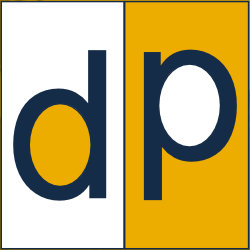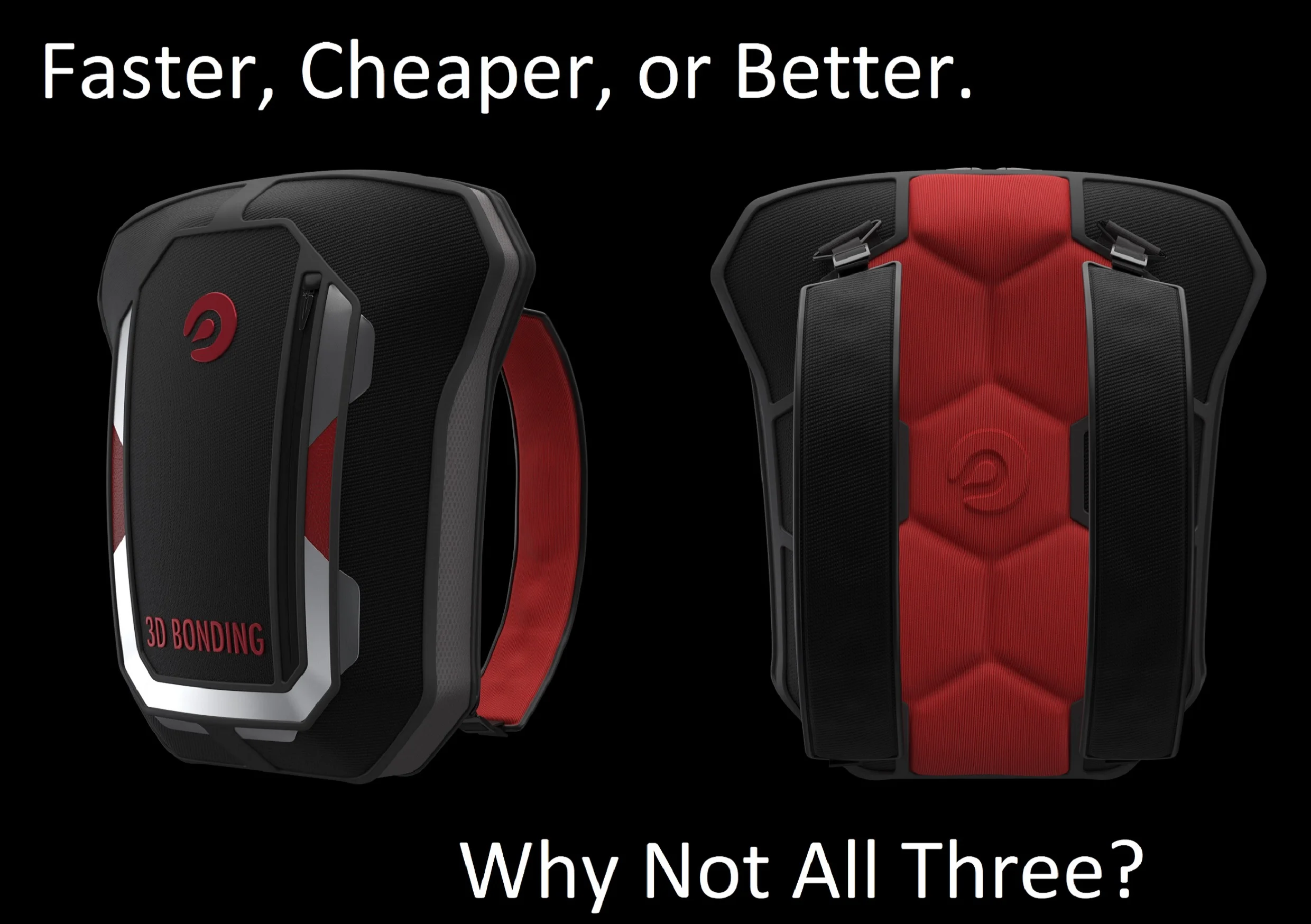Sportswear Designers Embrace 3D Design and Digital Patterning
Digital Patterning Automates Fashion Production
Whether large and established or small and just starting, Fashion Brands all face the same challenges. In the era of Mass Customization, they need to find fast and accurate ways to convert an ever-growing variety of designs into the required drawings or production-ready markers needed for fabrication.
The old economies of scale that allowed designers and pattern makers to iterate for days or weeks on a single design (used for hundreds of production pieces) has ended. In order to retain a competitive advantage, apparel makers need to streamline their design-to-fabrication processes, so they can increase, or simply maintain profits on every piece made.
Design & Manufacturing Have Too Many Manual Steps
Fashion design has benefited greatly from the widespread adoption of 3D for Virtual Samples and Visualization. However, the process of taking digital designs into physical prototypes, then to rough patterns, and then on to manufacturing requires a time-consuming series of manual steps. What is needed is a reliable way to eliminate these steps and to produce production-ready flat patterns directly from 3D CAD designs.
How Can Digital Patterning Help Save Time?
Digital Patterning solutions such as ExactFlat can flatten 3D CAD models into 2D patterns in minutes. For many years, ExactFlat has been the leading flattening software for manufacturers in the soft goods (products made from or covered in technical textiles or fabrics) industry. The team of software developers and industry specialists have developed a simple solution for converting 3D CAD models into accurate 2D patterns. The overall process is as shown here:
Promote sketches or scans into 3D designs using industry standard 3D CAD solutions (SolidWorks, Rhino, etc.),
Customize the design to incorporate customer specific features including graphics
Flatten the 3D models into 2D patterns with ExactFlat
Import these patterns containing both the cut line and perfectly aligned graphics into a 2D pattern engineering solution such as Gemini Pattern Designer and AccuMark.
Correct and/or adjust the patterns, and apply specific details (seams, notches, drills, etc.)
Automatically nest with full resolution graphics, resulting in markers containing the registration marks used for optical recognition in the cutter.
Once completed the production-ready marker is sent directly to a digital textile printer. This preserves the color profiles, and alignment of the graphics and cut lines. Final production is done using cutters equipped with optical recognition systems that process the marker based on the recognized shapes.
ExactFlat: Flattening for Any Industry, Any Product, Any Fabric
Manufacturers looking for a competitive advantage can reduce manufacturing time and production costs while improving design flexibility. ExactFlat is the proven leader in 3D-to-2D flattening software. To learn more, click on the link below and schedule a time to speak with one of our experts.











